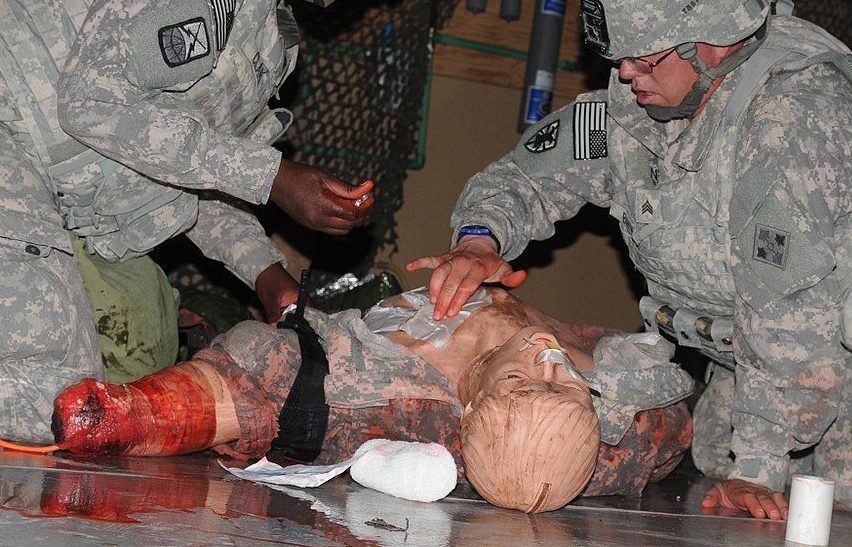EPISODE 10
SLOW IS SMOOTH, SMOOTH IS WEIRD, FAST IS TACTICAL…rIGHT?

Like many good ideas in the tactical community, “Slow is smooth, Smooth is Fast,” is one of those that started out with strong roots and grew into something barely recognizable. We lose IQ points when the adrenaline hits–the emotional response that we experience under stress bypasses our ability to make rational decisions. We think that this phrase is best applied to our cognitive awareness and ability to take control of feeling overwhelmed, get a true sense of the problem at hand, reason with competing priorities, and bring calm to the chaos.
It’s a useful training tool, but it really doesn’t have anything to do with “acting slow,” it’s about slowing our mind down enough to make sense of what’s happening around us.
Like what we’re doing? Head over to Patreon and give us a buck for each new episode. You can also make a one-time contribution at GoFundMe.
Intro music credit Bensound.com
CLICK BELOW TO SUBSCRIBE NOW ON YOUR FAVORITE PLAYER
THANK YOU TO OUR SPONSORS! PLEASE GO CHECK THEM OUT
Recent Episodes
Teaching the Enemy: Lessons from The Dragons and the Snakes
From guerrilla warfare and liminal conflict to use-of-force doctrine and law enforcement tactics, this episode connects military theory to street-level realities. Are we in a new kind of war without even knowing it? And what are we teaching our opponents every time we act?
It’s Chess AND Checkers–Tactics and Strategy Unite!
Why do we focus so much on tactics and so little on strategy? In this episode, Mike and Jim tackle the divide between street-level action and big-picture thinking. Drawing on lessons from policing, the military, and community crime prevention, they explore how individual cops, community members, and leaders can influence criminal decision-making—not just react to it.
Topics include resource constraints, the Broken Windows theory, and strategies for shifting offender perceptions to prevent crime before it occurs.













0 Comments